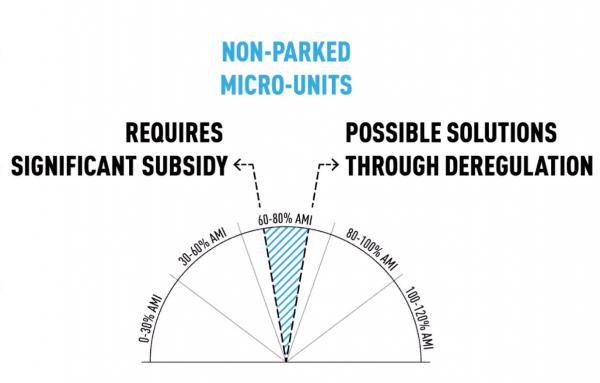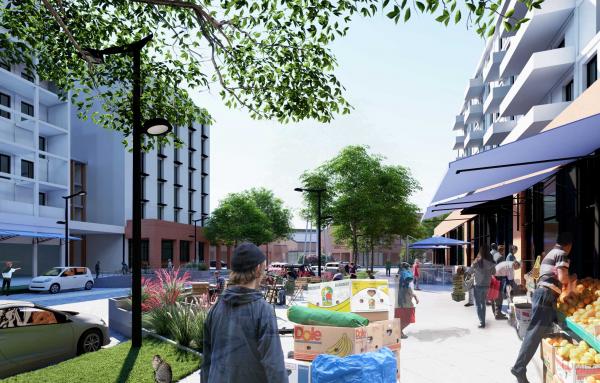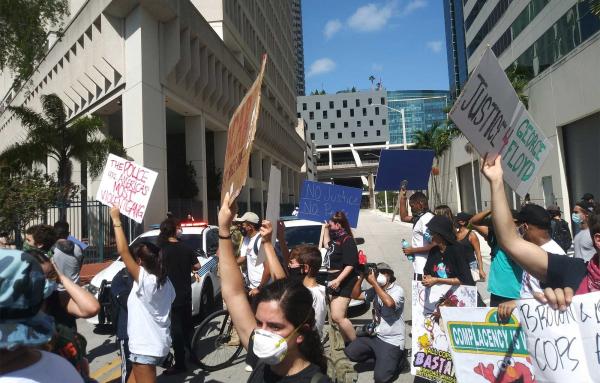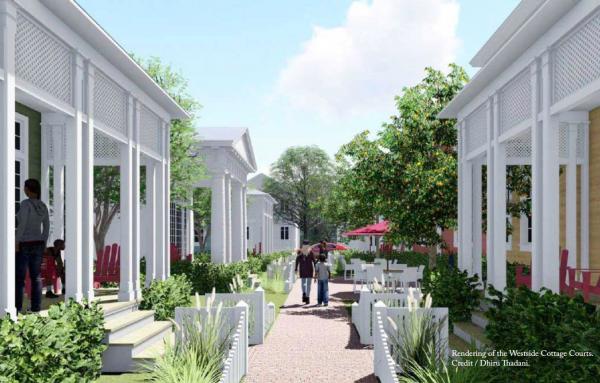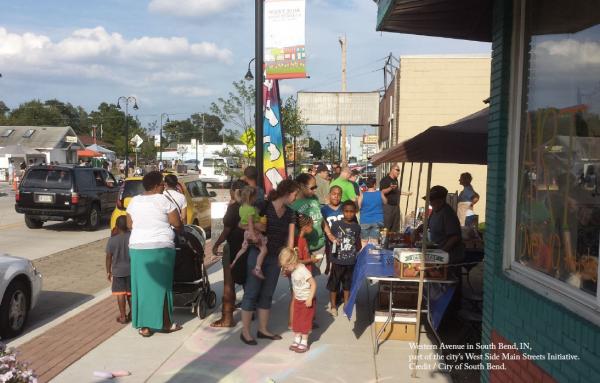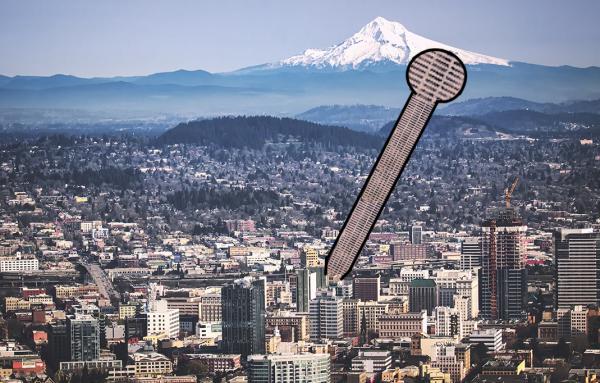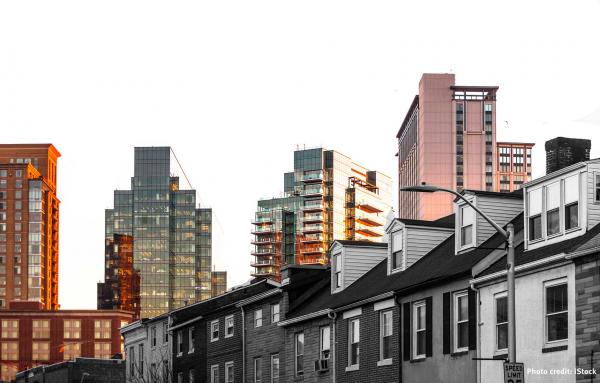Equity
Using vacant parcels in a in a predominantly African American neighborhood in Northwest Detroit as a testing ground, a University of Michigan team modeled a development process that could support local residents as small-scale, novice developers.
BIDs will be essential actors in picking up the pieces of COVID-ravaged urban economies, but the BID model, like all economic development tools, must adapt to fuel inclusive 21st Century places.
Durham, North Carolina, and Atlanta, Georgia, are part of a nationwide trend of reforming single-family-only zones to allow for a diversity of housing options.
Connecting Crossroad explores how to preserve affordable housing while improving the public realm in Langley Park, an immigrant neighborhood in Maryland. The plan won a 2020 CNU Student Charter Award for Sara Ghafer-Samar at the University of...
The Board of Directors of the Congress for the New Urbanism is heartbroken, along with so many Americans, at the death of George Floyd and the long line of tragedies that continue to lay bare the persistence of deep-seated racism in our country. As...
At CityLab DC, speakers focus on keeping the culture of place in the face of a changing city.
An Equitable Development Plan offers wealth building opportunities—not just affordable rental housing—including homeownership, workforce development, financial counseling, and small business development.
An initiative for Westside Atlanta—an area replete with civil rights history—combines new housing and public realm improvements with a wide range of social and philanthropic programs designed to help legacy residents to thrive while the area...
Design strategies alone won’t ensure that good urban design, land use, and public spaces will be accessible and equitable. Communities are figuring out solutions, and they are outlined in a new CNU report.
Cities generate benefits from concentrations of talent—but also from “spreading it around.” Striking a balance results in more equity and a more resilient economy.
I invite you to think about the role of new urbanists—and how we can design our role—to reduce the burden of society's bias.
Alan Mallach discusses his new book, The Divided City: Poverty and Prosperity in Urban America, and issues surrounding inequality in urbanizing America.


